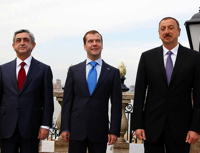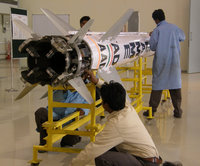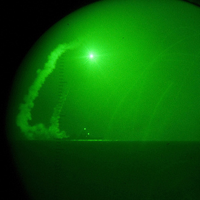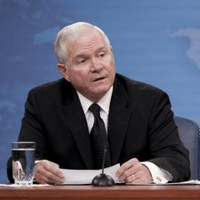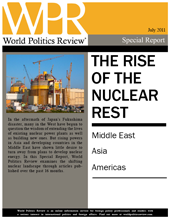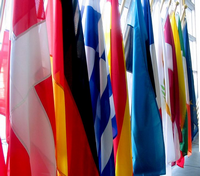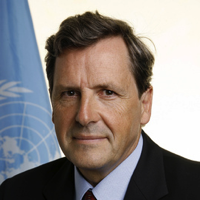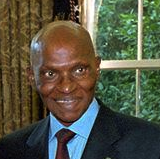
In Senegal, popular anger over chronic electricity shortages and the autocratic behavior of octogenarian President Abdoulaye Wade have produced several waves of protest since last summer. The same anger flared again on June 23, when protesters took to the streets to denounce Wade’s plans to amend the constitution and lower the threshold necessary to win in the first round of next February’s presidential election. Shaken, Wade backed down from what was widely perceived as a power grab. The protesters’ triumph does not mark the end of the conflict, however: Wade still intends to run for a third term, and protests […]

